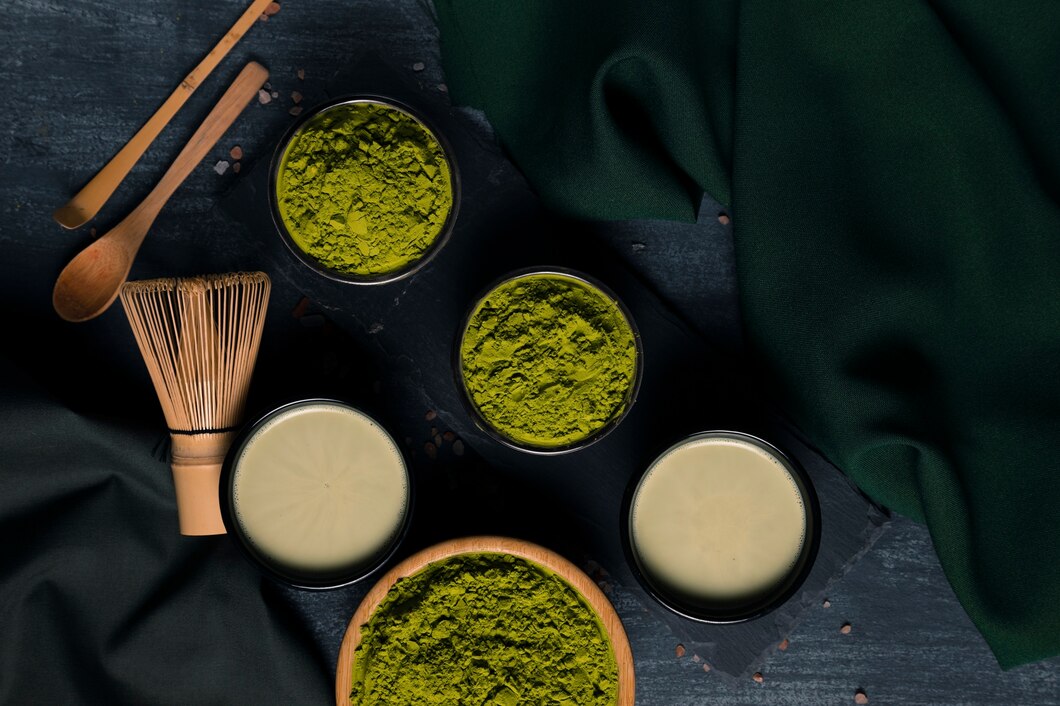Moringa oleifera, a plant native to South Asia, has been celebrated for centuries for its nutritional and medicinal properties. Known as the "miracle tree," Moringa is packed with vitamins, minerals, and bioactive compounds that contribute to its powerful anti-inflammatory effects. This article delves into the benefits of Moringa for reducing inflammation and how it can be integrated into a daily wellness regimen.
Understanding Moringa
1. Nutrient-Rich Profile:
-
Moringa leaves are rich in vitamins A, C, and E, calcium, potassium, and protein. These nutrients play crucial roles in maintaining overall health and combating inflammation.
2. Bioactive Compounds:
-
Moringa contains several bioactive compounds such as quercetin, chlorogenic acid, and isothiocyanates, which are known for their anti-inflammatory and antioxidant properties.
Mechanisms of Action
1. Antioxidant Properties:
-
The antioxidants in Moringa, including vitamin C, vitamin E, and flavonoids, help neutralize free radicals in the body. This reduces oxidative stress and prevents cellular damage, a common precursor to inflammation.
2. Anti-Inflammatory Compounds:
-
Moringa’s bioactive compounds, such as isothiocyanates, quercetin, and chlorogenic acid, inhibit the production of inflammatory markers like cytokines and prostaglandins. This helps to reduce inflammation at the molecular level.
3. Modulating Immune Response:
-
Moringa helps balance the immune response, preventing it from becoming overactive, which can lead to chronic inflammation. By modulating the immune system, Moringa supports the body's natural ability to heal and reduce inflammation.
Benefits of Moringa for Reducing Inflammation
1. Joint Health:
-
Moringa’s anti-inflammatory properties can help alleviate symptoms of arthritis and other joint-related issues. Regular consumption of Moringa may reduce joint pain and improve mobility.
2. Digestive Health:
-
Inflammation in the digestive tract can lead to conditions like gastritis and inflammatory bowel disease (IBD). Moringa’s anti-inflammatory compounds help soothe the digestive tract, reducing symptoms and promoting gut health.
3. Skin Health:
-
Inflammation is a key factor in skin conditions like acne, eczema, and psoriasis. Applying Moringa oil or consuming Moringa supplements can reduce skin inflammation and improve overall skin health.
4. Cardiovascular Health:
-
Chronic inflammation is a major risk factor for cardiovascular diseases. Moringa’s ability to reduce inflammation and oxidative stress helps protect the heart and blood vessels, promoting cardiovascular health.
Practical Uses of Moringa
1. Moringa Powder:
-
Moringa powder can be added to smoothies, juices, or sprinkled over salads. A daily dose of 1-2 teaspoons can provide significant anti-inflammatory benefits.
2. Moringa Capsules:
-
For those who prefer convenience, Moringa is available in capsule form. This ensures a consistent daily intake of its beneficial compounds.
3. Moringa Tea:
-
Moringa leaves can be dried and brewed into a tea. Drinking Moringa tea daily can help reduce inflammation and provide a calming, antioxidant-rich beverage.
4. Topical Application:
-
Moringa oil can be applied directly to the skin to reduce inflammation and improve skin health. It is particularly beneficial for conditions like eczema and psoriasis.
Moringa is a powerful natural remedy for reducing inflammation, thanks to its rich nutrient profile and potent bioactive compounds. By incorporating Moringa into your diet and skincare routine, you can take advantage of its anti-inflammatory properties and support overall health. Whether through powder, capsules, tea, or oil, Moringa offers a versatile and effective way to manage inflammation naturally.




